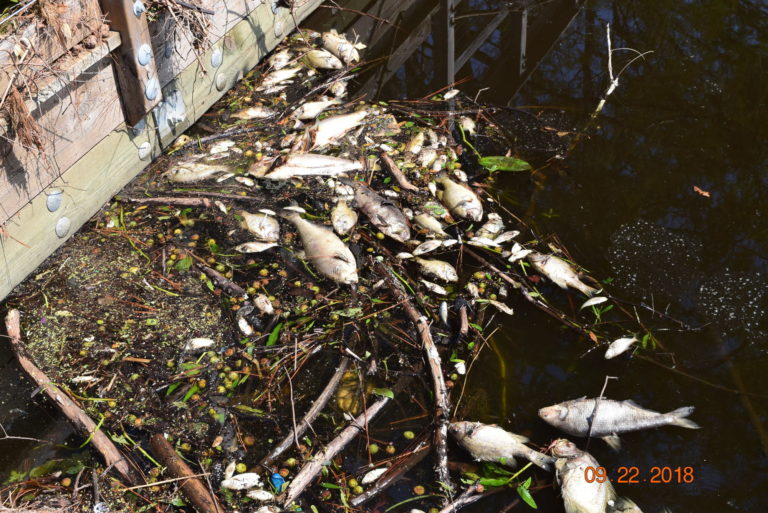
For more than a century, Greenfield Lake has been a popular recreation destination just a few miles from historic downtown Wilmington, NC. The 75-acre waterbody became a local hotspot shortly after the Tidewater Power Company extended its trolley lines in 1912. Recreational boating and fishing remain common activities at Greenfield Lake to this day.
Born from a network of creeks dammed in the 1730s to aid rice production, today Greenfield Lake is the heart of one of the oldest parks in the city. Spanish moss adorns knobby cypress trees and the nearby gardens, planted with a variety of flowering trees and shrubs, are so beautiful, local legend suggests they inspired the city’s annual Azalea Festival.
Cape Fear River Watch, home of Cape Fear Riverkeeper, operates a boathouse on Greenfield Lake and provides eco-tours as well as kayak, canoe and paddle boat rentals. Visitors flock to the lake at the heart of one of the oldest parks in the city. Patrick Connell runs the boathouse. On Saturday, days after Hurricane Florence made landfall, he arrived at Greenfield Lake to an unwelcome sight.
Countless fish carcasses were floating near the shore and still more visible on the surface in the distance. Nearby, the waters roiled with struggling survivors.

“Seeing a fish kill like this is devastating,” said Connell. Fishkills can occur for a number of reasons, but low dissolved oxygen is often a factor. Low dissolved oxygen is a common consequence of nutrient pollution, a problem often exacerbated by stormwater runoff. “The environmental impacts from this hurricane keep stacking up.”
The fish kill at Greenfield Lake is but a small example of the devastation wrought by Hurricane Florence, which caused multiple rivers in the Cape Fear basin to set new flood records. Just in the local Wilmington area, more than 5 million gallons of partially treated wastewater discharged from a local treatment plant and a catastrophic breach of a coal ash sent toxic heavy metals flowing towards the city. Upstream in the basin, untold amounts of waste from inundated hog and poultry operations entered the floodwaters. But the story of Greenfield Lake is a reminder that the storm doesn’t only threaten human life and health, but can be fatal for aquatic life as well.
Wilmington, like the rest of North Carolina, will recover. The azaleas will bloom again in Greenfield park this spring. But Florence is the second 500-year storm to hit the coast in 2 years. Hopefully, our leaders, especially those in the state capital who’ve proven reluctant to require better stormwater or waste management practices, will learn the lesson of Hurricane Florence work to prevent future harm to human health and the environment before the next storm slams into the Carolinas.